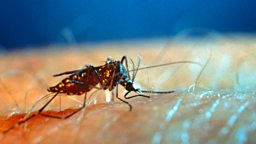Good architecture is often invisible,
but it allows whatever is happening in that space to
be the best experience possible.
Pezo von Ellrichshausen
Good architecture may have something in common with good health; it is something that can be taken for granted. When things go awry and are wrong then architecture and health suddenly impose upon us, a major intrusion.
As I may have mentioned before, in the past I've been asked how I've managed entering such and such care facility for so long. Within health there is recognition of
heartsink patients.
There are still heartsink buildings too. Not purpose built, seemingly either all narrow dark corridors, interrupted when doors let in shafts of light and assault dignity and privacy; or large 'lounges' that still invite armchairs to be
flung against walls.
Architecture like this is not invisible. Walls are walls, blanc, flat and solid. Pictures removed due to safety concerns. Two holes and exposed plaster testify to what? Now, after six months....?
Even for the confused there are few potential
found spaces, spaces to sit, stand, be; spaces towards which some personal impetus might have a person gravitate. A space of relative quite, looking out on some-thing relaxing even if not a small garden feature.
"Where's Joan, her friend's here to see her?"
"It's OK, I know where she'll be."
Royal Academy:
Sensing SpacesEducation guide



